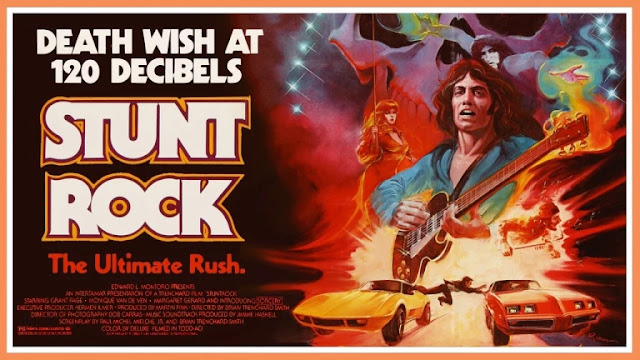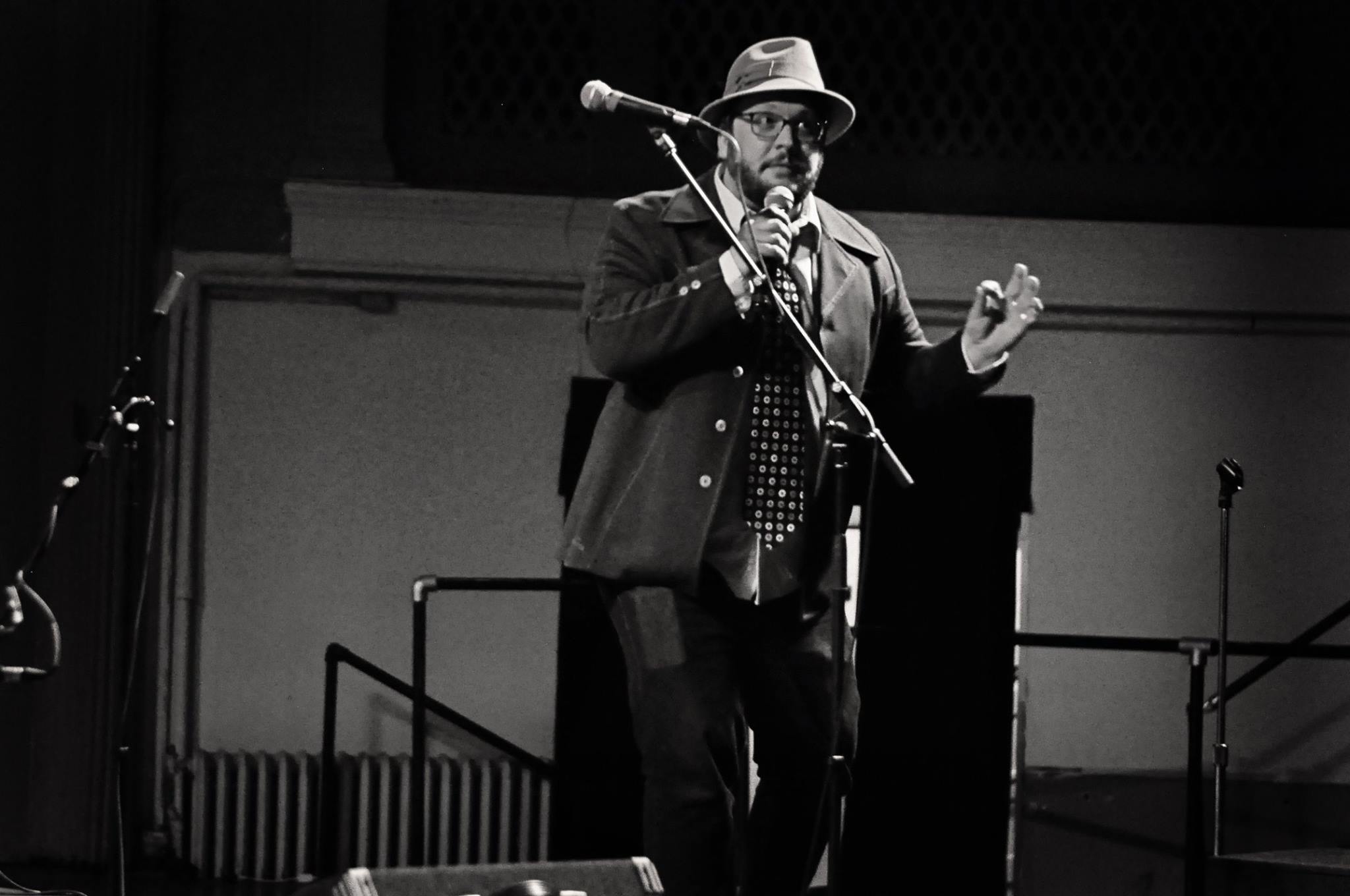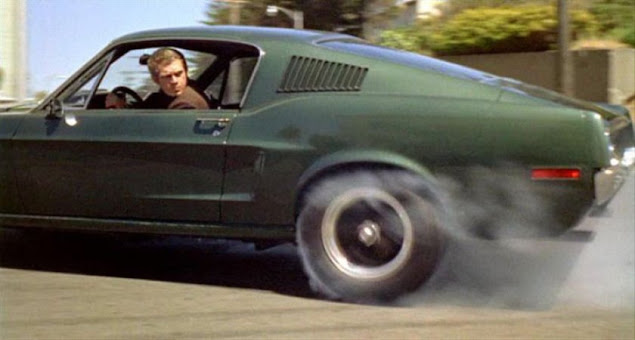Broadcast television wasn't always the snooze-fest it is today. Take, for instance, The Great American Dream Machine, a weekly program created and produced in New York City by the seminal WNET independent and later Public broadcaster. (Currently THIRTEEN PBS, see the logo here.) Running for the 1971 and 1972 broadcast seasons, TGADM took a satirical look at current events and gave some screen time to the emerging pop- and counter-culture movements and figures. That includes Rat Fink creator Ed "Big Daddy" Roth, who appears in the weekly "Great American Hero" profile of episode 4, season 1.
Roth, who fashioned his public persona out of the burgeoning Kustom Kar craze of the 1960s, managed to eclipse the street and show scene, sign a contract with Revell for model kits based on his creations, and eventually build a DIY mail-order empire of Roth T-shirts and other products avaible via a mail order catalog, all while still accepting contract work and building the odd car or chopper when the mood dictated. Rat Fink, the most visible and iconic of all Roth's creations, served as the masthead and and linchpin of his operation, and still commands a rabid fan base today.
So popular was the Kustom Kulture movent, provocative auteur Kenneth Anger and Author/Journalist Tom Wolfe each took a stab at defining the movement, the former with his three-minute Kustom Kar Kommandos film commentary, the latter with an article in Esquire magazine,, which was subsequently published in a
Roth is at his best here, lucid and playing to the camera in a fashion that wouldn't become normalized for decades. He spends much of the time calling out Detroit designers, accusing them of essentially being a bunch of martini-swilling yes men. Roth however, exists in world free of the EPA, safety concerns, and economic and practical reality. And really, if Detroit designed and built the Surfite or the California Cruiser trike, Big Daddy would be without a job.
 |
| Roth became heavily involved in the chopper scene at one point, and was the publisher of Choppers Magazine. |
The episode continues with vaguely automotive themes, employing a surplus of the stock footage mixed (a collection of low-speed crash testing films directly follows the Roth segment) with original animation and scoring. In short, the kind of programming made possible by boardroom TV executives anxious to exploit the counter-culture and newly-emerging teenage consumers for profit, but completely unaware of how to do so. Once Rowen and Martin struck gold with Laugh-In in 1968, everyone with a programming schedule to fill was tossing money at hip young producers and directors hoping to replicate the success. Not until Saturday Night Live debuted in October, 1975, would a single production successfully combine these elements and capture a major audience.
The Roth segment starts at the 2:29 mark, but we encourage you to watch the episode in its entirety to get a refresher in the state of youth-oriented television circa 1971. It feels a bit like a low-grade meth-influenced cross between Zoom and Monty Python.
Fun Fact: John Lennon praised the show in a 1972 radio interview, saying "But this Great American Dream Machine that they have on [New York-area public TV station] Channel 13 is as good as, if not better than, anything that's on British TV, including Monty Python's Flying Circus, which is not as heavy as the Dream Machine."
Fun Fact: Chevy Chase, Nina Simone, Albert Brooks, Jane Fonda, Martin Mull, Studs Terkel, Linda Lavin, Artie Shaw - yes, the one with the clarinet - Don McLean, Lee Meredith, and others all contributed to the show.
Fun Fact: The Birthday Party, Nick Cave's legendary and influential Aussie post-punk band employed Roth for the cover art of their 1982 release, Junkyard.
The entire run of The Great American Dream Machine is avaible for free viewing on tubi.

























